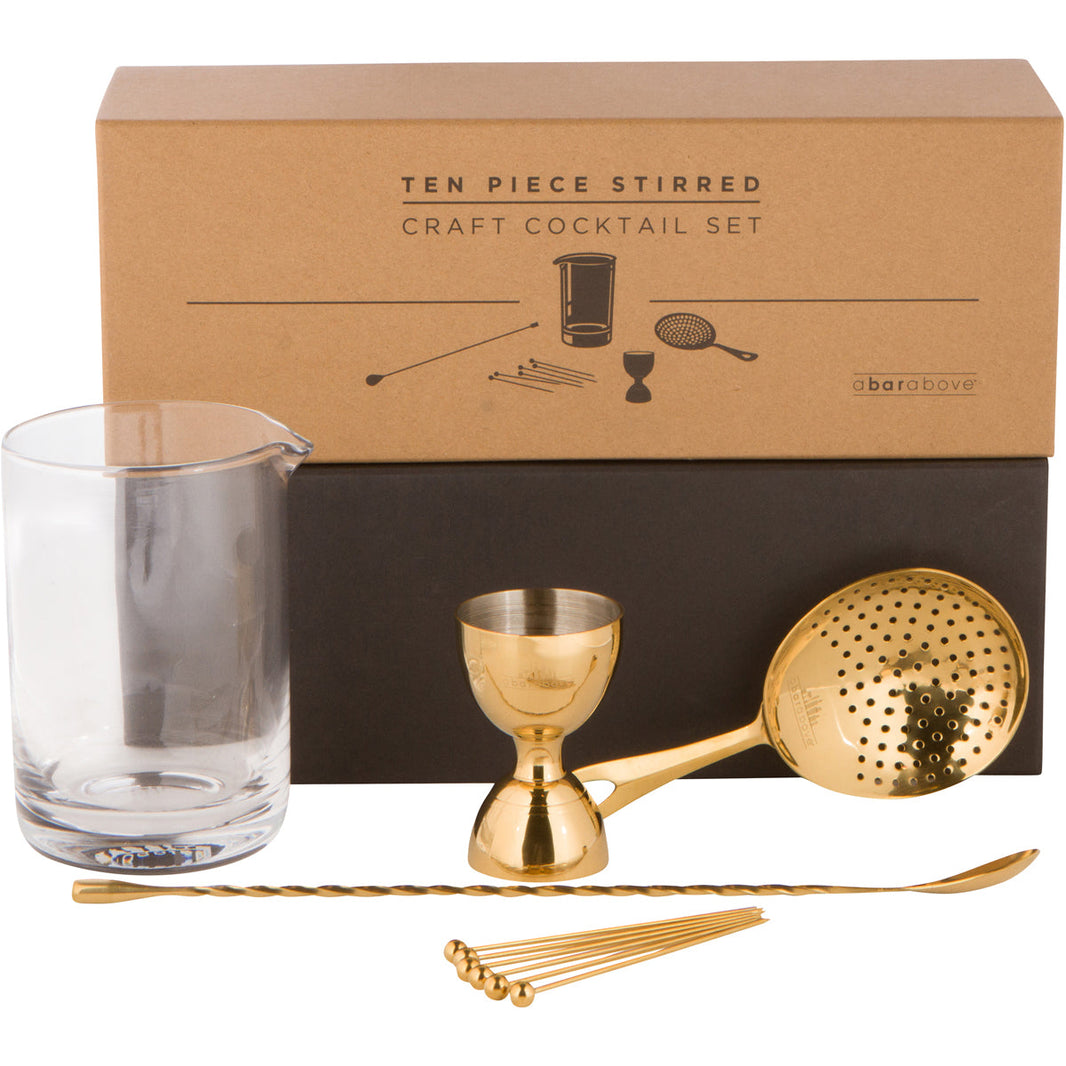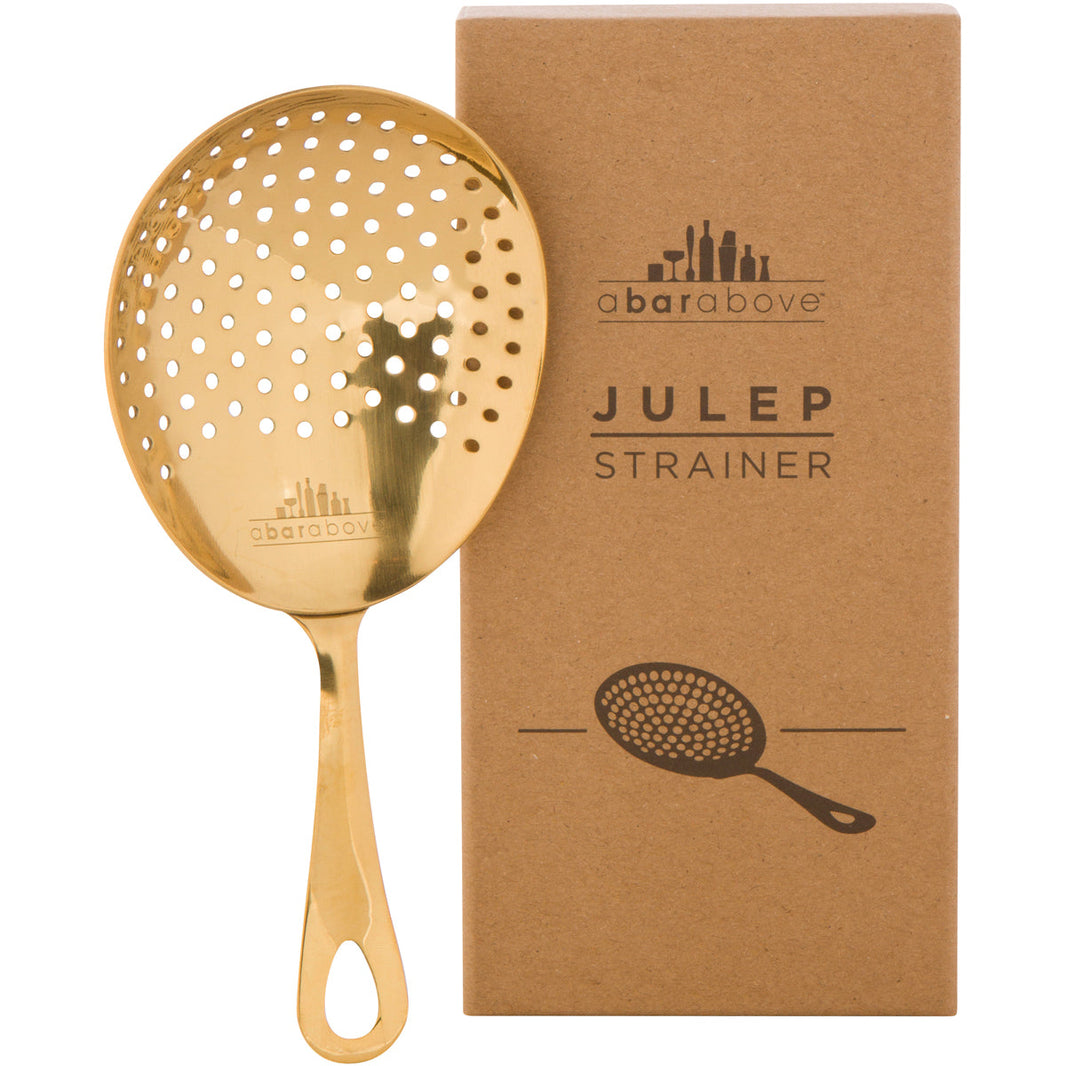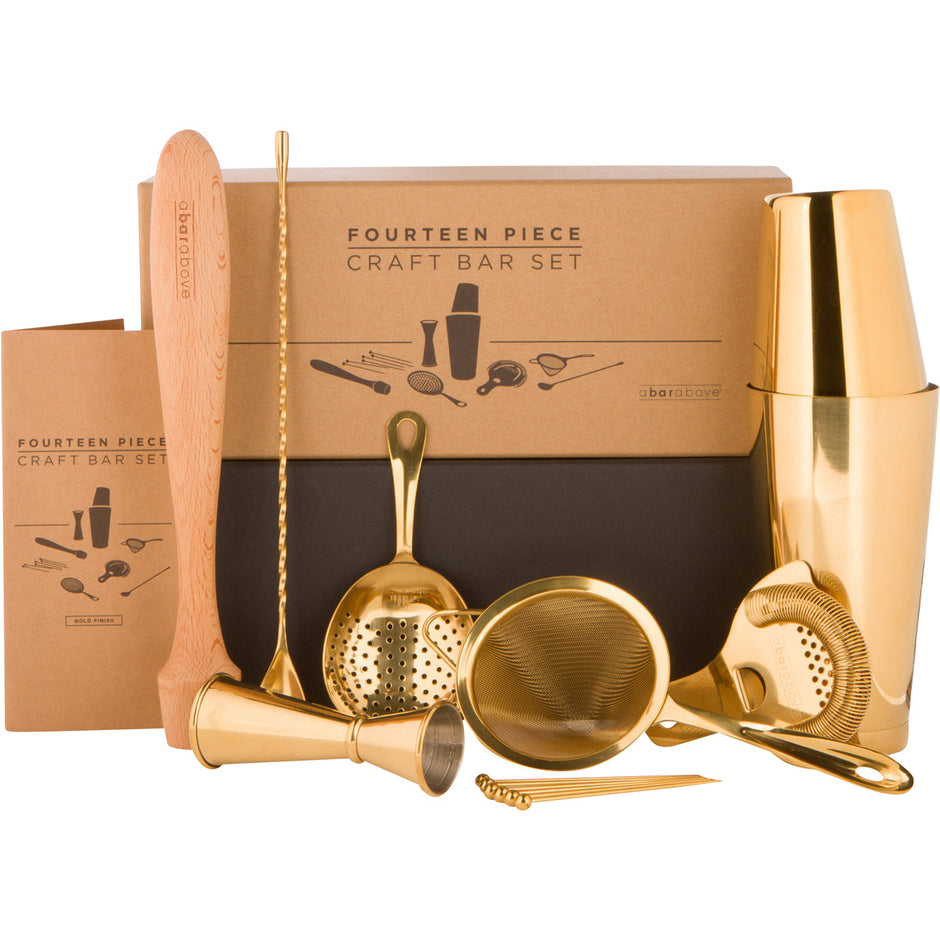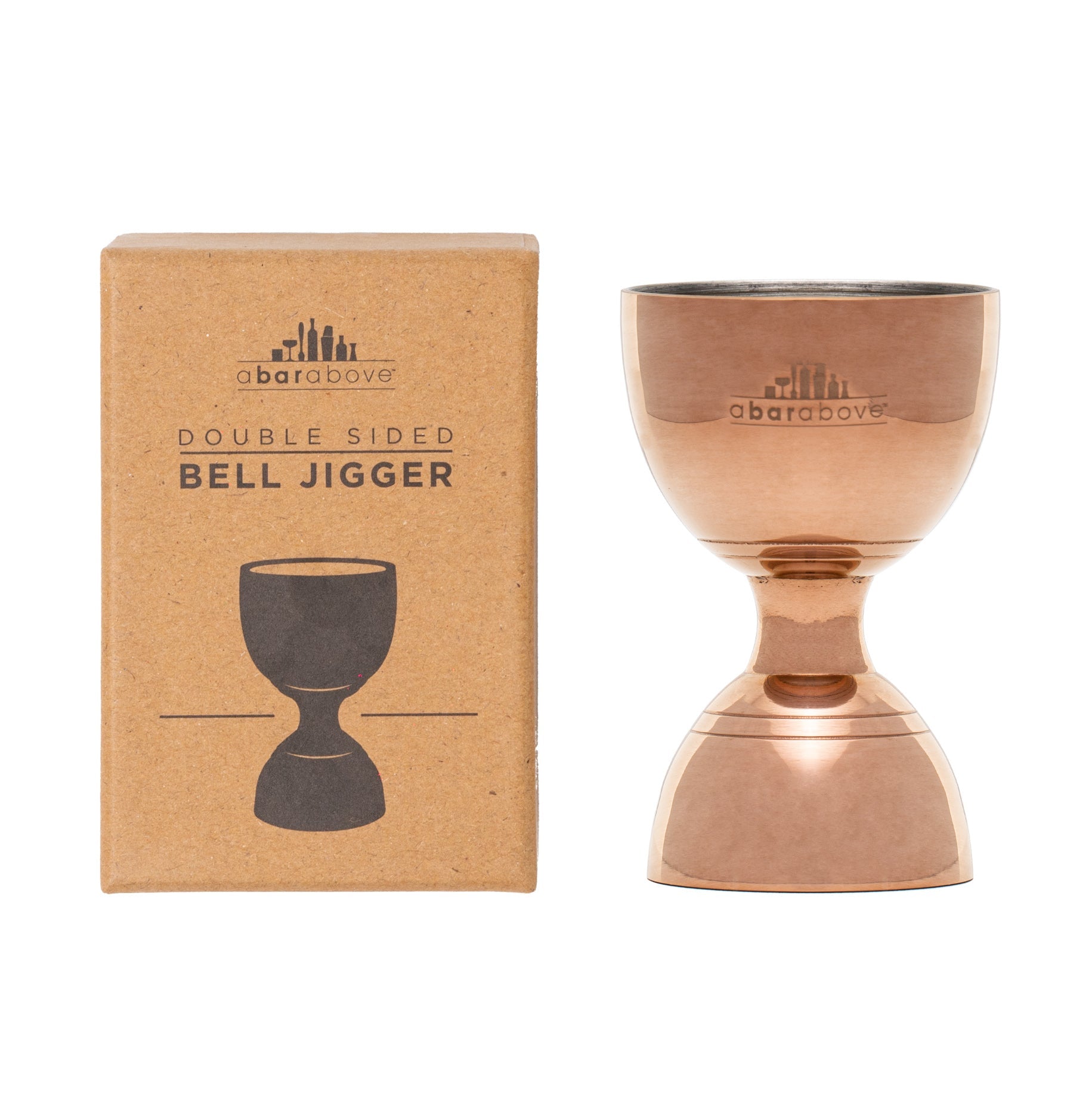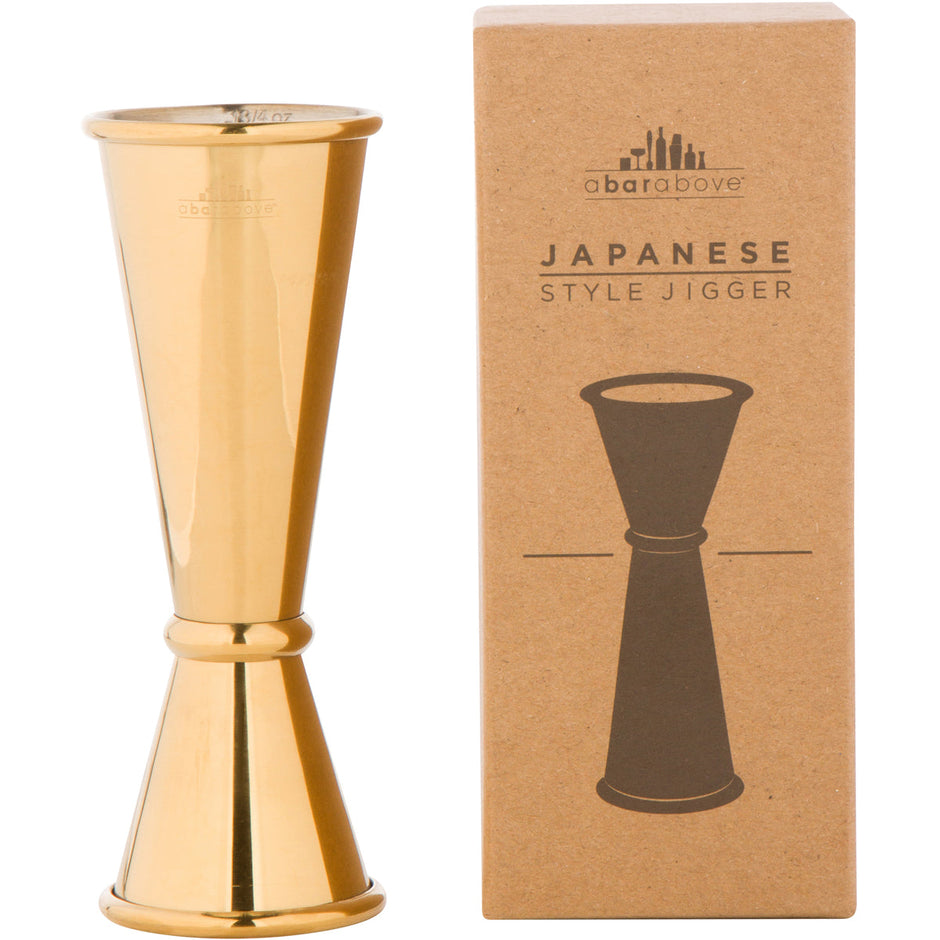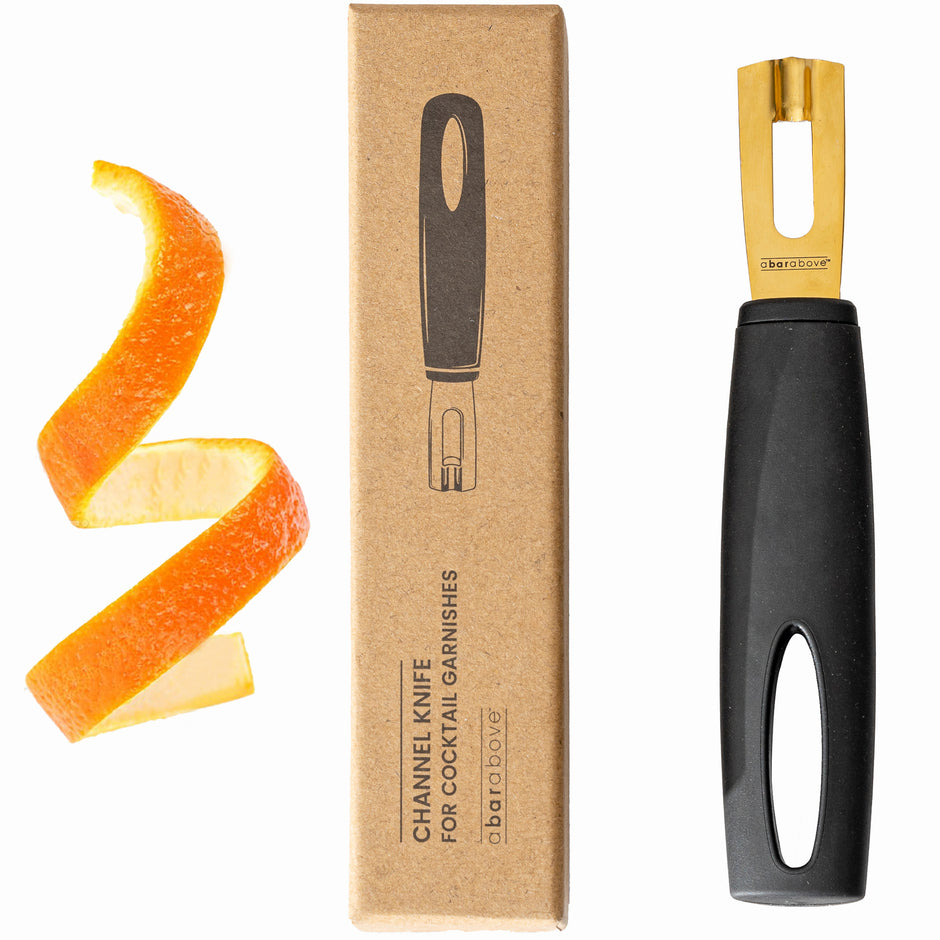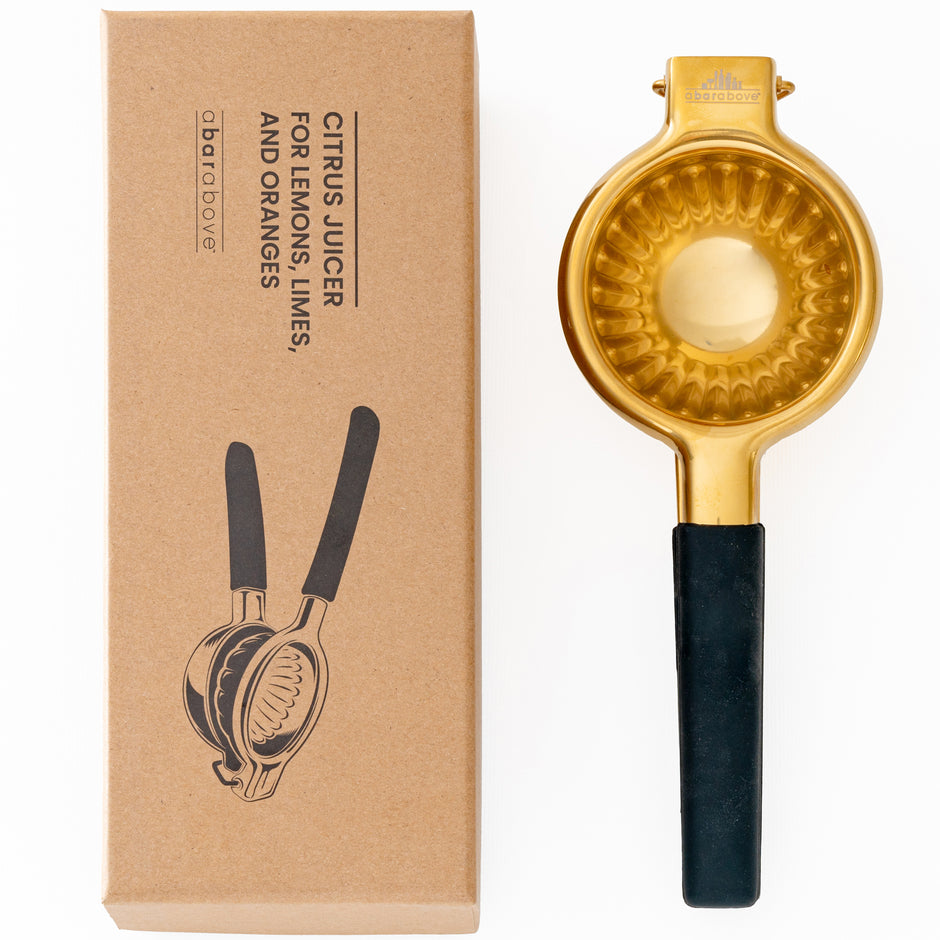As a home bartender, you’re always hearing about how certain ingredients can make or break a cocktail. Take vermouth, for example. Is it a wine, a spirit, or something else entirely? Hear me out, I’ve seen gatherings descend into chaos over this debate as fervent as discussions over, say, the best bakeware kits.
In this post, you’ll get the scoop on vermouth and its role in your home bar.
Key takeaways
- Vermouth is an aromatized, fortified wine essential in mixology.
- Store opened vermouth in the fridge and use within a month.
- It’s a flexible ingredient for both cocktails and cooking.
- Vermouth adds complexity and depth to your cocktail creations.
What is vermouth?
Vermouth is a fortified, aromatized wine that has a unique spot in the world of mixology. It originated in Italy and has gradually become a staple in bars worldwide. To create vermouth, winemakers start with a base of white wine and then add a dizzying array of herbs and botanicals, which can include roots, flowers, herbs, and barks.

This concoction is then fortified with a touch of distilled alcohol to elevate its alcohol content and extend its shelf life.
The flavors of vermouth vary widely depending on the recipe and can range from dry and bitter to sweet and floral. Typically, there are two main types of vermouth: sweet, usually red and hails from Italy, known as Rosso, and dry, usually clear or pale in color, from France. Sweet vermouth is a key component in classics like the Manhattan, while dry vermouth shines in a well-crafted Martini.
- Here’s a breakdown of vermouth essentials:
- Base: White wine
- Fortification: More distilled alcohol
- Aromatization: A blend of botanicals
- Types: Sweet (Rosso) and Dry
- Popular in cocktails: Manhattans and Martinis
If you’re looking to expand your bartending toolbox, don’t miss exploring the best Boston shakers, you’ll need a good one to shake up those vermouth-infused cocktails.
Here’s my two cents on vermouth: it’s the hidden gem in your cocktail arsenal. Not too long ago, I was experimenting with vermouth-based cocktails, and the flavor complexity it brings to the table is nothing short of remarkable. Whether sweet or dry, vermouth can transform a simple drink into a masterful mix.
Let’s just say, don’t knock it till you’ve tried it in both a Negroni or a spritz.
“Vermouth is a fortified, aromatized wine that’s all about herbal complexity and flavor depth. Whether sweet or dry, it can transform a simple drink into a masterful mix. Embrace vermouth’s versatility in cocktails and culinary creations alike.”
And who could forget the iconic James Bond preferring his martini “shaken, not stirred” with a dash of dry vermouth? It’s these timeless scenes that underline vermouth’s place in cocktail lore. Dive into the spicy cocktails adding heat into your mixology for a different twist on using this versatile ingredient.
For more about how vermouth can alter your drink-making game, check out crafting the perfect coffee cocktails: beyond the Espresso Martini, where vermouth can play a role too.
History and origins of vermouth
Vermouth’s story begins in Northern Italy and France, with records dating back to the 18th century. Originally used as a medicinal elixir, vermouth was prized for its health benefits, attributed to the botanicals. Italy’s fascination with vermouth, traditionally sweeter, led to brands like Martini & Rossi setting the standard in Turin.
Meanwhile, in France, the development leaned toward a drier style, epitomized by Noilly Prat from the port town of Marseillan.
- Vermouth’s timeline:
- 18th century: Medicinal beginnings
- Turin, Italy: The birthplace of sweet vermouth
- Marseillan, France: Home of dry vermouth
- Key brands: Martini & Rossi, Noilly Prat
For a deeper dive into the evolution of drink preferences over the centuries, don’t miss out on the cocktail time machine, a theoretical drink from each century.
Types of vermouth and their uses
Alongside sweet and dry vermouth, you’ll find variations such as extra-dry, blanc, or bianco, and rosé. Each type serves its purpose in cocktail recipes or even as a solo sipper. For example, extra-dry vermouth is usually used to provide just a whisper of herbaceous notes in a gin Martini, while blanc vermouth might be sipped over ice or mixed into a Vesper.

- Vermouth varieties:
- Extra-dry: Gin Martini’s subtle friend
- Blanc: Versatile for sipping and mixing
- Rosé: Adds a blush to your cocktails
To elevate your cocktail serving experience, pairing cocktails with meals offers insights into matching vermouth-infused drinks with food.
Tips for storing and enjoying vermouth
To maintain vermouth’s nuanced flavors, storage is key. Keep it in the fridge once opened, and consume within a month for optimal taste. Vermouth’s flavor profile can degrade over time, so it’s best enjoyed fresh.
To relish the herbal complexity, try it over ice with a twist. And don’t forget—it makes a fantastic cooking ingredient!
- Storing vermouth right:
- Refrigeration post-opening
- Best consumed within a month
- Dual purpose: Cocktail ingredient and culinary enhancer
Exploring how edible flowers in mixology add another layer of aroma and flavor can complement vermouth’s botanical nature.
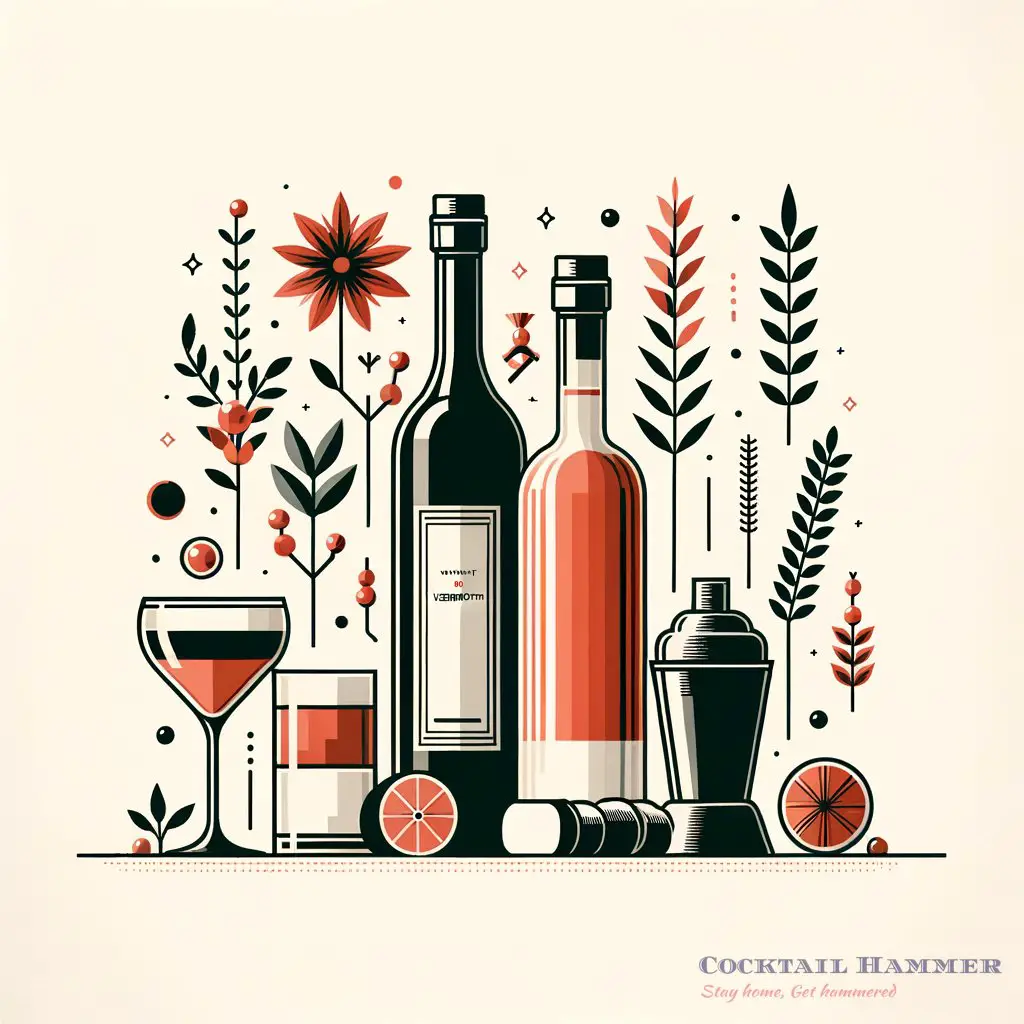
Influence on cocktail culture
Vermouth sparked the creation of some of the most iconic cocktails in history – think the Negroni, the Americano, and the Dry Martini. The importance of vermouth in shaping cocktail trends can’t be overstated. It’s versatile, accessible, and provides a depth of flavor that’s tough to replicate with any other ingredient.
- Cocktail culture icons:
- The Negroni: A vermouth masterpiece
- The Americano: Vermouth’s lighter touch
- The Dry Martini: Vermouth’s crowning glory
And while we’re on the topic of trends, the rise of non-alcoholic spirits: a new era in cocktails covers burgeoning trends in the mixology scene, including low-ABV vermouths.
Vermouth’s impact on mixology is substantial, influencing trends, flavors, and drinking experiences. From its medicinal roots to a modern-day mixology staple, vermouth remains a favorite among cocktail enthusiasts and home bartenders alike.
| Year | Event | Location |
|---|---|---|
| 18th Century | Medicinal use of vermouth | Europe |
| 19th Century | Establishment of Martini & Rossi | Turin, Italy |
| 19th Century | Creation of Noilly Prat Dry Vermouth | Marseillan, France |
| 20th Century | Rise in cocktail popularity | Global |
| 21st Century | Innovation in vermouth styles and flavors | Global |
When it comes to vermouth, a few insider tips can go a long way in ensuring you get the most out of this aromatic beverage. Here’s a quick rundown of the dos and don’ts to keep in mind whether you’re mixing it up or sipping it solo.
| Do | Don’t |
|---|---|
| Store opened vermouth in the fridge | Leave it at room temperature after opening |
| Consume within one month of opening | Use it past its prime; flavors fade |
| Experiment with different brands | Stick to one type for all cocktails |
| Try it in cooking for added depth | Ignore its culinary potential |
| Pair with complementary foods | Overpower delicate vermouth flavors |
More vermouth tips
When dabbling in vermouth, beyond the basics, there are a handful of extra tricks to elevate your experience. If you’ve ever wondered how to give your vermouth the attention it truly deserves, these pointers are gold. They’re all about embracing the vermouth vibe to its fullest.
- Sample vermouth at different temperatures to find your perfect serve
- Create DIY cocktail syrups to complement vermouth’s flavor profile
- Use it as a base for crafting signature cocktails for special occasions
- Explore pairing vermouth with different garnishes for extra pizzazz
- Learn about the philosophy of balance in cocktail making with vermouth
- Consider using vermouth as a low-ABV alternative in spirit-forward drinks
- Pair it with non-alcoholic spirits for a lighter, yet complex drinking experience
Remember, the world of vermouth is vast and varied. Dive in, experiment, mix, and match until you find your vermouth groove.
If you are a visual learner, check out this video titled ‘All about vermouth! || Everything you need to know about vermut!’
Frequently asked questions (FAQ)
How does vermouth differ from regular wine?
Vermouth starts as a base of regular wine but evolves into something more through the process of aromatization and fortification. Herbs, spices, and botanicals are infused into the wine, adding complexity, while a bit of distilled spirit usually increases the alcohol content, making vermouth bolder and more shelf-stable than ordinary wine.
Can vermouth be enjoyed on its own?
Absolutely! While vermouth is a key player in many cocktails, it’s also delightful to sip on its own. Served over ice or chilled, with a twist of lemon or orange, it makes for a refreshing and aromatic aperitif.
What food pairs well with vermouth?
Think of vermouth like a spice—it can enhance a range of dishes. Its herbal qualities make sweet vermouth great with chocolate and rich desserts, while dry vermouth complements seafood, chicken, or pasta dishes. Vermouth’s versatility shines both in the glass and on the plate.
Final thoughts
Vermouth is much more than just an ingredient in your favorite cocktails; it’s a sophisticated, nuanced spirit that has shaped drinking culture for centuries. Whether you’re experimenting with it in the kitchen, sipping it solo, or mixing up a classic Martini, vermouth is a versatile companion for any home bartender. So go ahead, give it the attention it deserves and explore the possibilities it presents.
How do you like to use vermouth? Did I cover everything you wanted to know? Let me know in the comments section below I read and reply to every comment. If you found this article helpful, share it with a friend, and check out my full blog for more tips and tricks on bartending and mixology. Thanks for reading and here’s to your next mixological adventure!








